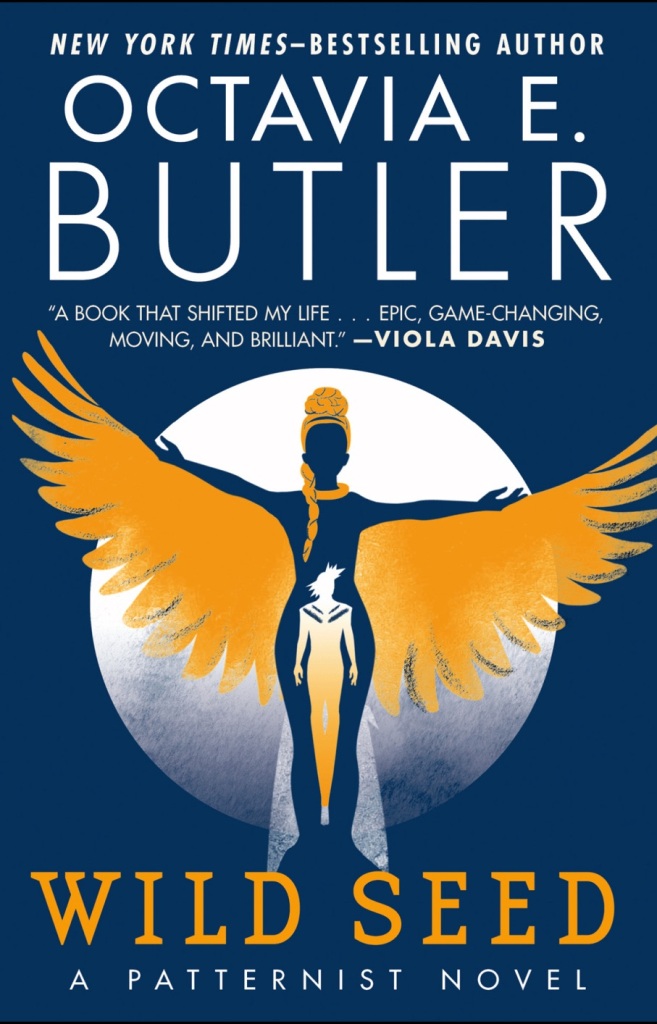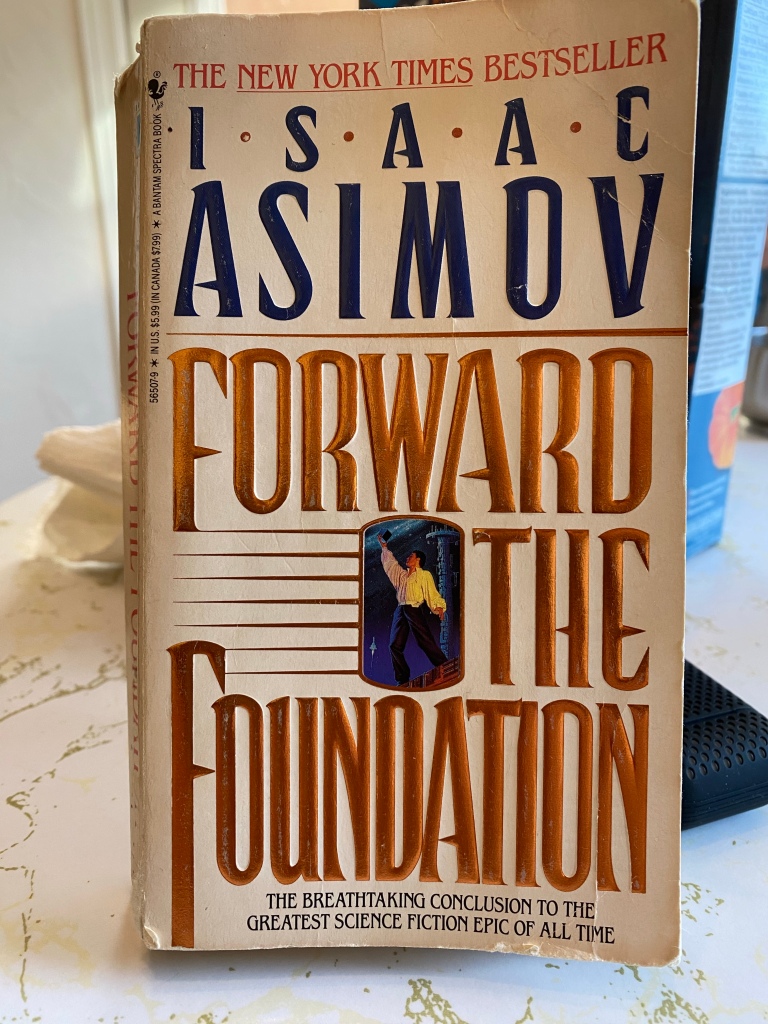
It’s Black History Month, and so I have just started reading Mind of My Mind, the 2nd book in Octavia Butler’s Patternist series (4 books). But dipping back in after purchasing it on my Kindle (I had read the sample earlier, the publishers had made the smart choice of offering almost a quarter for the book for free, so I was re-reading at first) brought back the memories of the 1st book of the series, Wild Seed.
That book was unlike anything I’d read, truly unique and it introduced me to Butler’s singular voice. I’m not sure I’ve read Parable of the Sower, her more famous work, I’ll have to go back and check… but Wild Seed was intense and arresting.
How appropriate for Black History Month, because the premise of the story is about subjugation and is a speculative projection of what true enslavement would look like. What if your very mind could be enslaved? What if harm to those you love could trap you to a malevolent, sinister will?
The main villain, Doro, can consume the mind and take over the body of anyone. And the initial protagonist, also immortal in a way, can shift her body into any shape. What follows is an intensely dark, cruel, and disturbing unfolding of events, plumbing the depths of violence starting from the time of slave trading in Africa.
The epic, intergenerational story is relieved from time to time by human moments of tenderness and compassion in the face of horrific situations, but on the whole it’s a melancholy and utterly engrossing read. Truly a one of a kind achievement.
In this time of reflection, by negative and opposite example, it shows that in reality, enslavement never truly meant ownership of another person, because at the core, the person’s mind was free. When even that freedom is taken away, what could result is absolutely chilling.
5 Helmets out of 5

